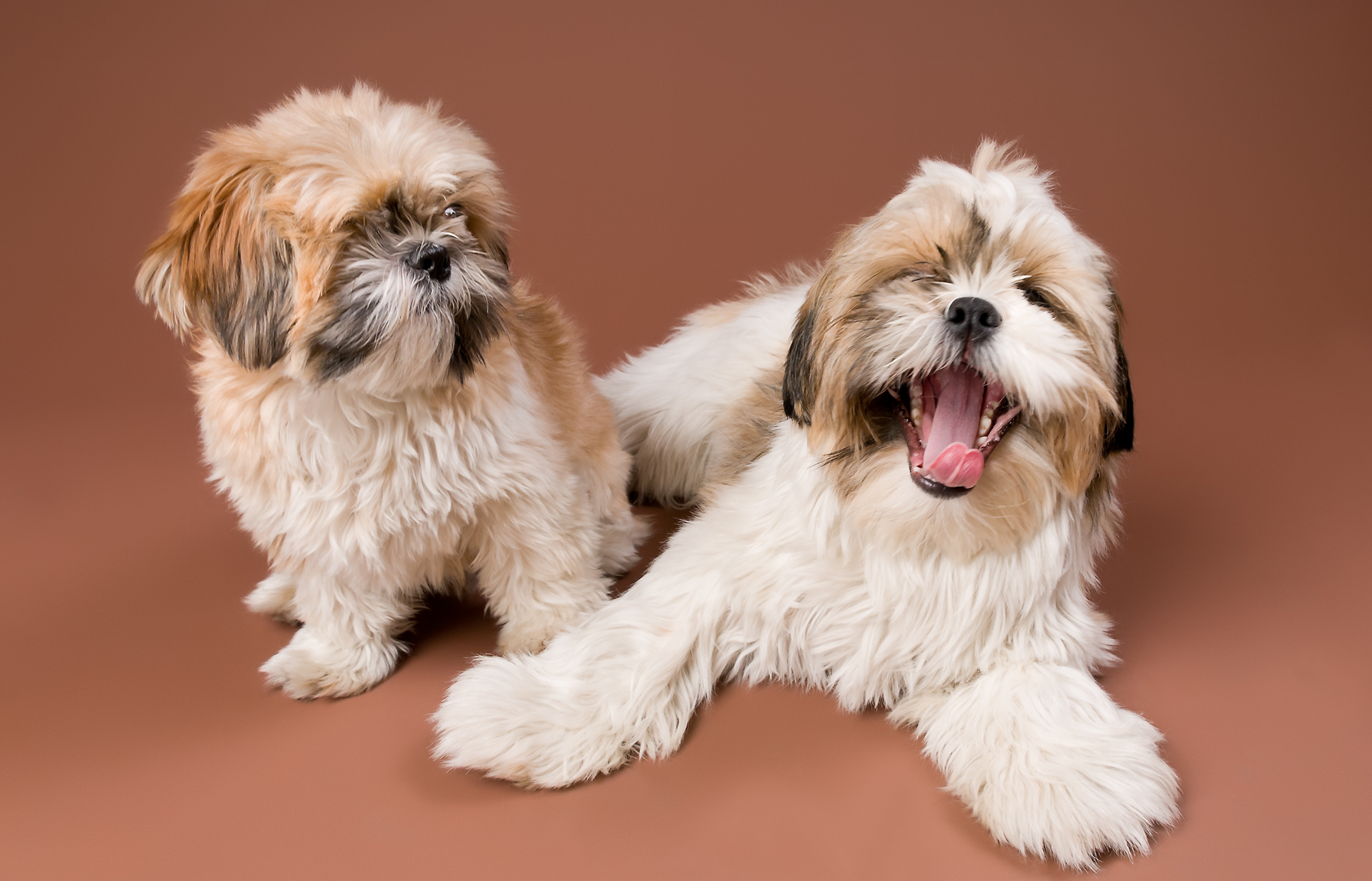
Dog owners often tend to dismiss unpleasant smells in their canine companion’s mouth as just ‘dog breath’, but actually a dog’s breath should not be particularly offensive. If it is very pongy, there is probably a preventable or treatable cause behind it and the best place to seek help is your veterinary clinic. Your vet can examine your dog’s mouth closely and advise you the best course of action to improve the situation.
Causes of Bad breath
- Oral hygiene and gum disease
The most common causes of bad breath in dogs are bad oral hygiene and gum disease. Just like in humans, bacterial plaque can form around the base of teeth which then hardens into tartar. This irritates the gums and causes infection in them. The gums can start to recede away from the teeth, leaving more areas for the bacteria to build up in. This all produces very smelly breath. - Unpleasant dietary habits
Dogs can be quite disgusting with the things they like to snack on given the chance… garbage, dead things and poop. So much poop. Cat poop, other dogs’ poop, even their own poop. No wonder their breath can smell. - Diabetes
If your dog’s bad breath has a sweet or fruity smell to it, especially coupled with increased thirst and urination, you definitely need to make an appointment with your veterinarian. The fruity smell can be from ketones on the dog’s breath, which can be a sign of diabetes, a serious but treatable condition. - Kidney disease
The smell of urine on your dog’s breath could be a sign of kidney disease, and definitely needs a trip to the vet for investigation. Kidney disease in itself is serious, but can also be part of a bigger medical problem. - Liver disease
Absolutely foul breath, combined with vomiting, lack of appetite and perhaps a yellow colour to the gums, may be indicative of a liver condition. Like kidney disease, liver problems can be a symptom of a larger medical condition, and it is vital that you get your dog into the veterinarian or emergency clinic as soon as possible.
Treating bad dog breath
The source of your dog’s bad breath will, of course, influence how it is best eliminated.
If dental plaque, tartar, and periodontal disease are behind your dog’s bad breath, then your vet will likely suggest a dental cleaning procedure. This involves a general anaesthetic, and your vet may suggest a routine blood tests to ensure your dog is suitable for this. These tests have the added benefit of ruling out some of the other causes of bad breath discussed. During the cleaning, loose or damaged teeth may need to be removed, depending on the extent of the periodontal disease.

When it comes to inappropriate snacking, the only way to cure this is to limit the dog’s access to the nasties he likes to nibble on. So, secure the garbage, keep the cat litter box out of his reach and be sure to pick up poop in the garden before he has a chance to get stuck in.
Diabetes, kidney, and liver disease are all conditions that require treatment from a veterinarian. Once the underlying issue is resolved, your dog’s bad breath should go away also.
Preventing bad breath in dogs
The simplest way to prevent bad doggy breath in the first place (aside from medical conditions), is to brush your dog’s teeth on a regular basis. Just like in people, brushing will reduce bacterial plaque and actually, with a little training, most dogs learn to enjoy having their teeth brushed. Always use special dog toothpaste, never human toothpaste as it may contain ingredients that are toxic to dogs.
Chew toys are an excellent way of helping to care for your dog’s dental health. Chewing helps to prevent plaque build-up as the saliva it encourages is naturally antibacterial. Chewing also helps relieve boredom- just make sure you pick dog chew toys appropriate for your dog’s size and age. It may save your shoes and furniture!
Small breeds are generally more prone to dental disease than larger dogs. This is owing to several factors- their teeth are more closely opposed allowing for food to get trapped between; smaller dogs often have fussier appetites and are more frequently fed wet food, which again can fester around the teeth. Ensuring you brush their teeth regularly and they have plenty of chew toys can help reduce the incidence of dental disease.
Royal Canin produce a variety of dental specific dog foods that can help maintain good oral health, such as Dental and Dental for small dogs. In addition, all their diets produced for small breed dogs have specific nutrients to help bind the calcium in their saliva, stopping bacterial plaque hardening into tartar, the main cause of gum disease. The specially adapted kibble shapes also help to promote chewing, which mechanically cleans the teeth and increases saliva production.
Bad dog breath can arise for a variety of reasons, most of which are manageable with the right advice and treatment from your veterinary clinic. But just remember, even if your dog’s breath does not smell too bad, dogs do have some unpleasant habits, so we would not recommend letting your dog kiss your face, no matter how cute they are!
If you are a Retailer in the GCC and are interested in selling our products, Contact Us now.
If you are a Pet Owner, find our nearest Retailer in Our Brands section.
Written on February 15, 2022

